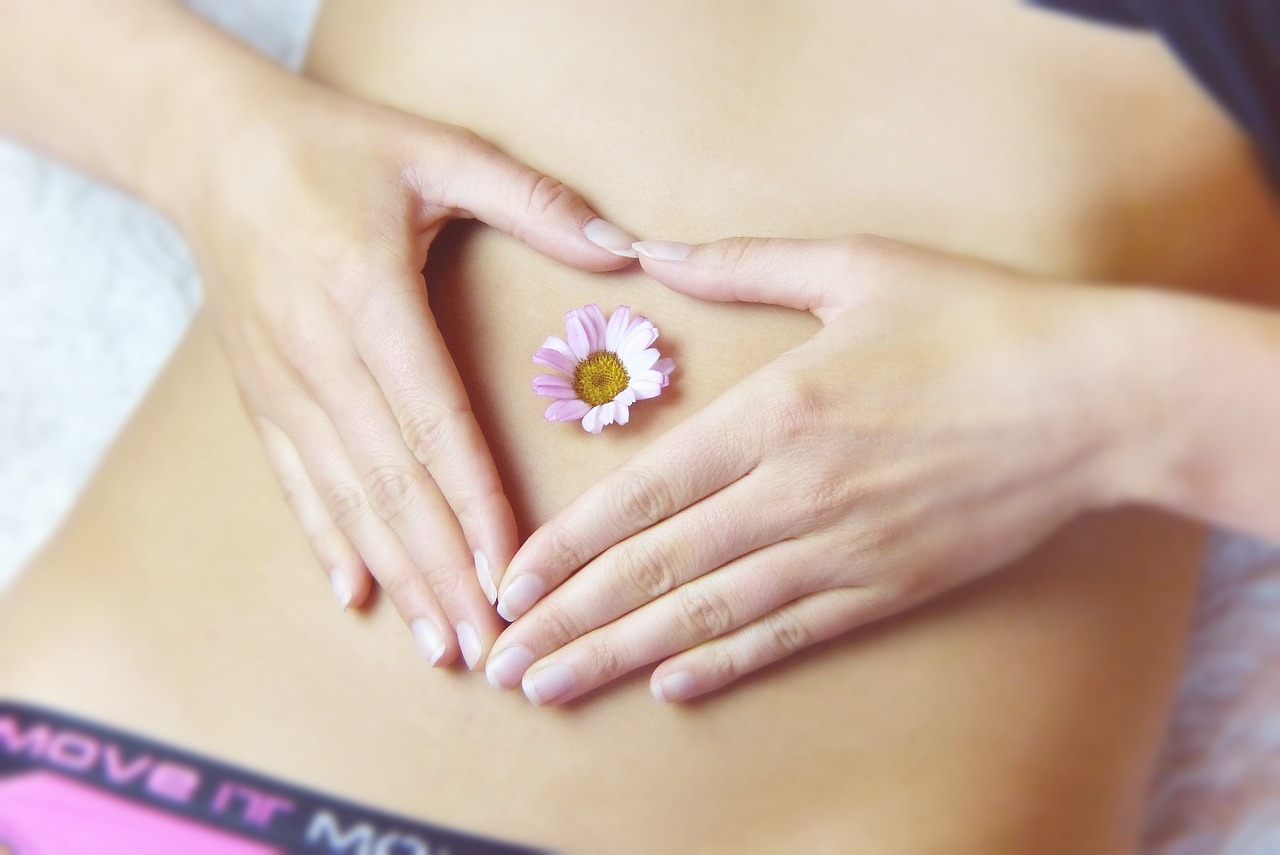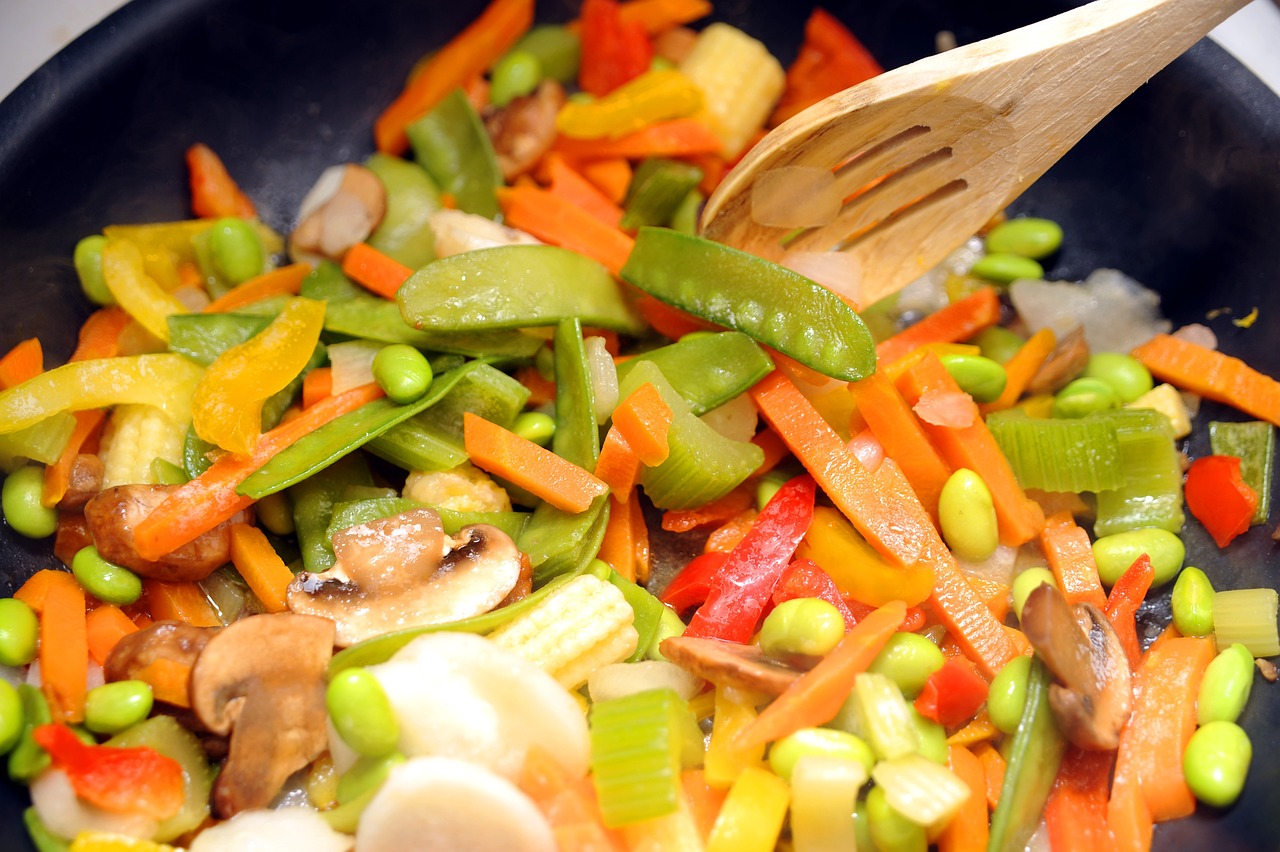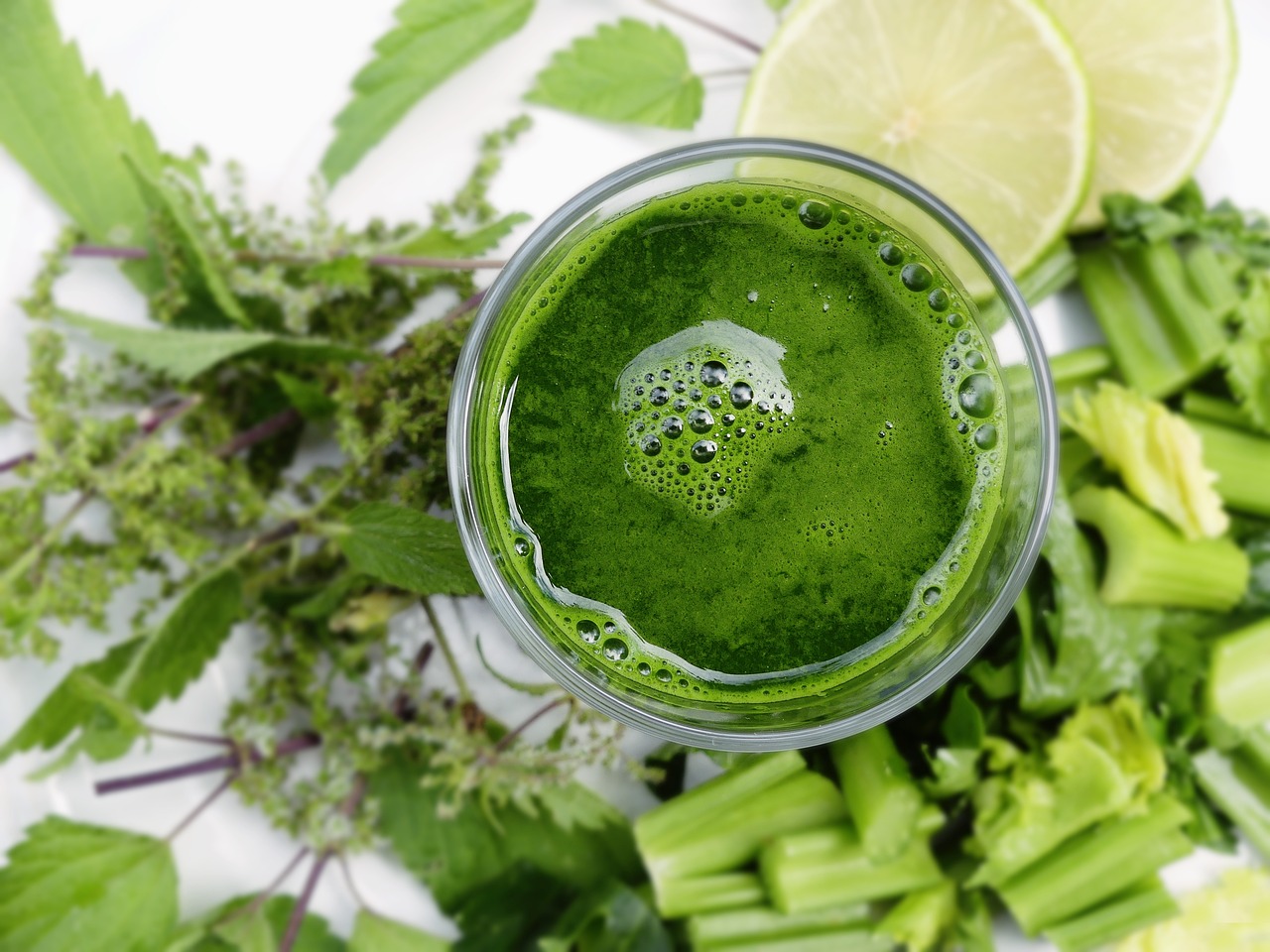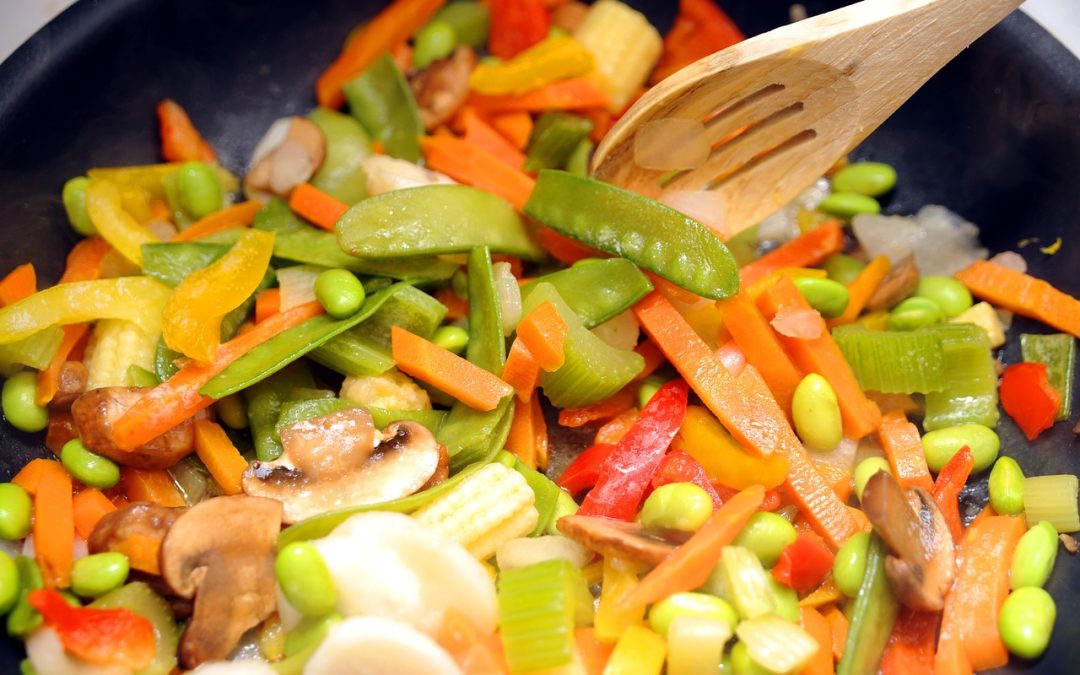
Are you ready to give your gut a fresh start?
Hey there! If you’re feeling a bit sluggish, bloated, or just not quite yourself, it might be time to give your gut a bit of a reset. Your gut health plays a significant role in how you feel day to day, so taking care of it is essential. Luckily, we’ve got a comprehensive 7-day gut detox plan just for you. Let’s dive in!
Why is gut health important?
Your gut is home to millions of bacteria, both good and bad, that play a crucial role in your overall health. A healthy gut microbiome can help with digestion, nutrient absorption, immune function, and even mental health. When your gut is out of balance, it can lead to a variety of issues like bloating, digestive discomfort, fatigue, and even more serious conditions in the long run.
Day 1: Cleanse your pantry and fridge
The first step to starting your gut detox journey is to clean out your pantry and fridge of any unhealthy and processed foods. Get rid of anything high in sugar, artificial ingredients, and unhealthy fats. Stock up on whole, nutrient-dense foods like fruits, vegetables, lean proteins, whole grains, nuts, and seeds.
What can you eat on Day 1?
Fill your plate with colorful fruits and vegetables, lean proteins like chicken, fish, or tofu, and whole grains like quinoa or brown rice. Avoid processed foods, sugary snacks, and carbonated beverages. Opt for herbal teas, water, or green juices to stay hydrated throughout the day.
Day 2: Incorporate probiotic-rich foods
Probiotics are essential for maintaining a healthy gut microbiome. They help balance the good and bad bacteria in your gut and promote digestion and nutrient absorption. Include probiotic-rich foods like yogurt, kefir, sauerkraut, kimchi, and kombucha in your meals to support your gut health.
How to add probiotics to your meals?
Start your day with a bowl of Greek yogurt topped with fresh berries and nuts. Snack on a small serving of kimchi or drink a glass of kombucha with your lunch. Include a side of sauerkraut with your dinner or sip on a cup of kefir before bed.
Day 3: Increase your fiber intake
Fiber is essential for maintaining a healthy gut and promoting regular bowel movements. It helps feed the good bacteria in your gut and keeps your digestive system running smoothly. Include fiber-rich foods like fruits, vegetables, whole grains, beans, and legumes in your meals to support your gut health.
How to incorporate more fiber into your diet?
Start your day with a bowl of oatmeal topped with fresh fruit and nuts. Include a side of steamed vegetables with your lunch and snack on raw veggies with hummus in the afternoon. For dinner, opt for a lentil soup or a quinoa salad to increase your fiber intake.

Day 4: Stay hydrated and reduce stress
Hydration is key for maintaining a healthy gut. Drinking plenty of water throughout the day helps flush out toxins and supports digestion. Additionally, managing stress is crucial for gut health as stress can affect the balance of bacteria in your gut. Practice mindfulness techniques like deep breathing, meditation, or yoga to reduce stress levels.
How much water should you drink?
Aim to drink at least 8-10 cups of water a day to stay hydrated and support your gut health. You can also include hydrating foods like watermelon, cucumber, and celery in your meals. Avoid sugary beverages and caffeine, as they can dehydrate your body.
Day 5: Remove inflammatory foods from your diet
Inflammatory foods like processed meats, refined sugars, trans fats, and artificial additives can disrupt the balance of bacteria in your gut and lead to inflammation. Avoid these foods for a day and focus on consuming anti-inflammatory foods like fatty fish, leafy greens, nuts, seeds, and colorful fruits and vegetables.
What are some anti-inflammatory foods to include?
Incorporate foods rich in omega-3 fatty acids like salmon, walnuts, and flaxseeds into your meals. Include leafy greens like spinach, kale, and Swiss chard to reduce inflammation in your body. Snack on a handful of almonds or a piece of dark chocolate for a healthy and satisfying treat.

Day 6: Practice mindful eating
Mindful eating is all about being present and aware of your eating habits. It involves paying attention to the taste, texture, and aroma of your food, as well as your hunger and fullness cues. By practicing mindful eating, you can improve digestion, reduce bloating, and make healthier food choices.
How to practice mindful eating?
Before each meal, take a few deep breaths to center yourself and focus on the food in front of you. Chew each bite slowly and savor the flavors and textures of your meal. Put your fork down between bites and tune in to your body’s hunger and fullness signals to prevent overeating.
Day 7: Reflect on your progress and set new goals
Congratulations on completing your 7-day gut detox plan! Take some time to reflect on how you feel physically, mentally, and emotionally after following the plan. Notice any changes in your energy levels, digestion, mood, and overall well-being. Set new goals for maintaining a healthy gut, such as incorporating probiotic-rich foods into your meals daily or practicing mindfulness during meals.
What’s next?
Continue to prioritize your gut health by incorporating the habits you’ve learned during the 7-day gut detox plan into your daily routine. Listen to your body’s cues, stay hydrated, eat a balanced diet, manage stress, and practice mindful eating. Your gut will thank you for it!









